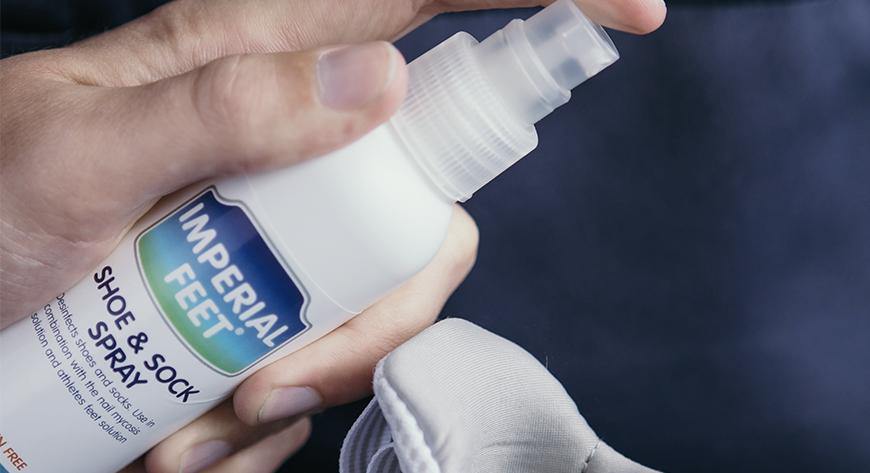
Training at home? Tips to avoid foot injuries with your sport routine
In these days of worldwide covid confinement, it is completely normal that many of us are looking to do some kind of exercise indoors. In this article, we will show you some useful tips on how to warm up, type of footwear, and care routines to exercise without hurting your feet.
Are you one of those who train or do sports at home?
If the answer is YES, here you will find some of the necessary measures to prevent injuries. When we do sports alone at home there are certain factors that can cause us problems, because we do not have the advice of a professional or do not know what preventive measures to take.

For this reason, we offer you 5 tips to avoid injuries:
- Do not practice sports barefoot:
When doing sports we increase the impact on the feet, especially when doing cardio or aerobic exercise that requires jumping, jogging, sharp turns, and others.
Many people are used to going barefoot at home since after a long working day they feel like taking off their shoes for a while and freeing their feet. However, we must not forget that it is one thing to "rest" the feet and another thing to do sports barefoot.
For this reason, it is very important to wear good shoes that absorb the impact not only on the feet but also on the rest of the joints such as ankles and knees. Pilates and Yoga can be done barefoot because the exercises do not require the repeated impact of the feet against the floor.
- Avoid inappropriate footwear:
Our feet, most of the day, are used to wearing shoes and, therefore, our musculature is adapted to it. If we start using excessively flat shoes with little soles (or some kind of flip-flop), different ailments such as plantar fasciitis or metatarsal problems may appear.
When we do sports activities at home we must use slippers suitable for such activity. If we have doubts we can ask a professional about which model to choose.
It is essential to avoid slippers being at home. This footwear is designed to provide comfort in our hours of rest, but its materials are very soft and provide little support for use in sports or exercise.
- Warming up and stretching when practicing sports
Sports warm-up and stretching are fundamental parts of any training or routine, whether we practice sports at home or in another environment. With them we prepare the muscles to perform an activity since the body will have to carry out an effort.
Warming up and stretching are essential (whether practicing the sport at home, in a gym, or on the street) to prevent injuries and have good sporting health.
- If you have customized insoles, wear them!
In the event that we wear customized insoles in our daily life or in sports practice, it is important that we continue to use them at home, because otherwise the problems and discomfort that we had before using them may reappear.
In the case of children, it is very important that they always wear personalized insoles (if the podiatrist has prescribed them) if they practice sports in an extracurricular activity, for example.
- Moisturize your feet every day
When practicing sports at home, in a gym or outdoors, hydration is essential. Your feet must be moisturized regularly and with specific creams so as not to lose their elasticity and avoid dryness and cracks.
Visit our main articles page to see the wide range of options that Imperial Feet has for you in terms of hydration and foot care!
In short, if you choose the option of practicing sports at home, we recommend that you follow these tips to avoid injuries to your feet and other parts of the body that may be affected.
We appreciate you very much, our readers and customers, for being an important part of our story. See you next time!











